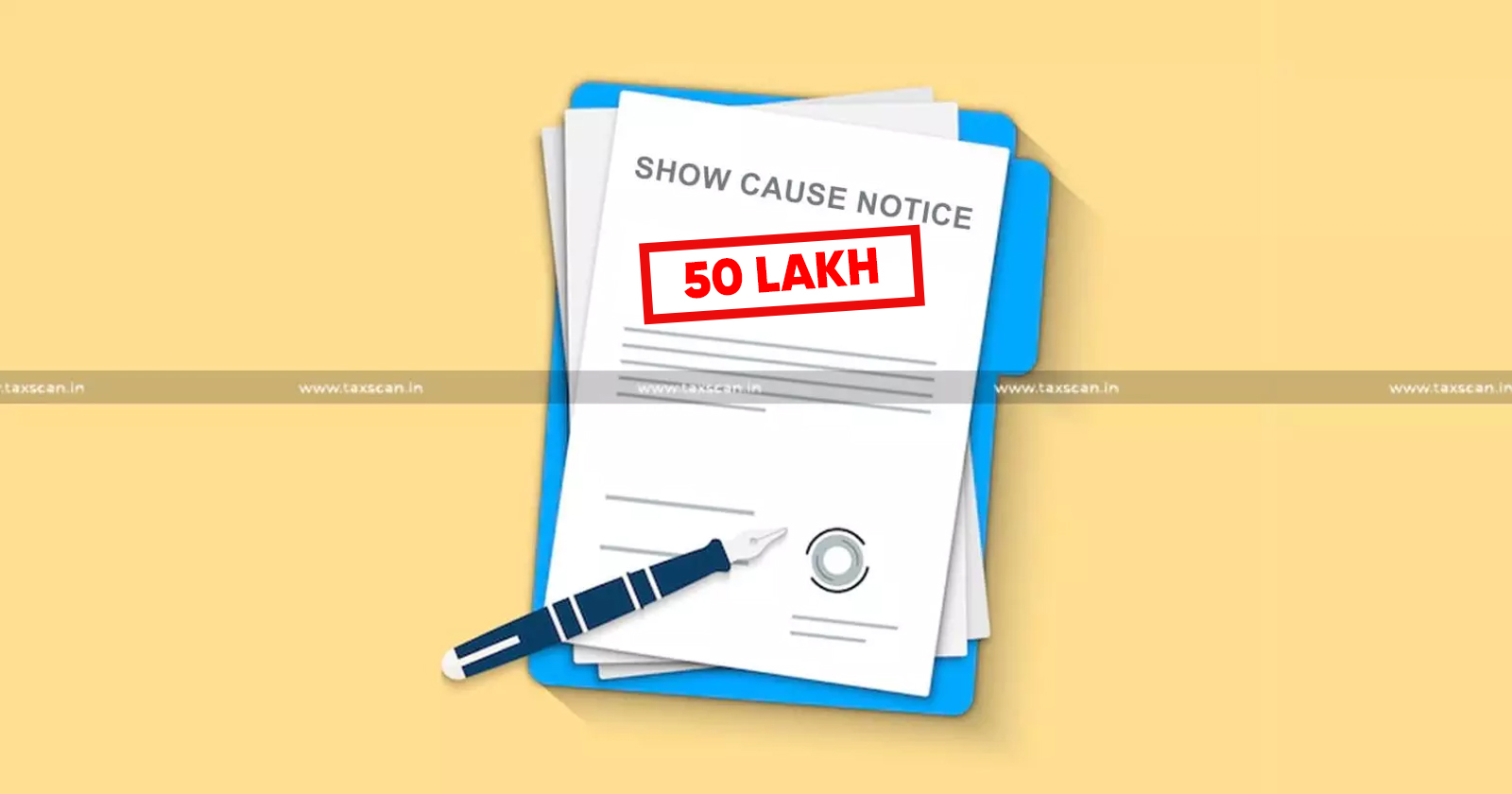Re-Export of Misclassified Textile Fabric: Madras HC Allows Importer to Ship Back Goods to China on Conditions [Read Order]
The court noted that the only issue remaining was adjudication of misclassification and undervaluation; it was unnecessary to indefinitely hold the goods within the country. Instead, a balance had to be struck by safeguarding revenue interests while preventing undue hardship to the importer.
![Re-Export of Misclassified Textile Fabric: Madras HC Allows Importer to Ship Back Goods to China on Conditions [Read Order] Re-Export of Misclassified Textile Fabric: Madras HC Allows Importer to Ship Back Goods to China on Conditions [Read Order]](https://images.taxscan.in/h-upload/2025/10/08/2094817-madras-nc-taxscan-.webp)
The Madras High Court has permitted a Mumbai-based importer to re-export 798 bales of textile fabric coated with plastics to its Chinese supplier, subject to strict conditions.
The petitioner, Gayatri Exim had imported the textile fabric from M/s Shaoxing Keqiao Hailong Textiles Co. Ltd., China, under a Bill of Entry dated 2 January 2025. Customs authorities, after sending samples for testing at the Central Revenue Control Laboratory (CRCL), New Delhi, concluded that the goods were misclassified under the Customs Tariff Heading (CTH) 59039090.
Following this, the Directorate of Revenue Intelligence (DRI) seized the consignment in April 2025, holding it liable for confiscation under the Customs Act, 1962. Summons were also issued to the importer for further inquiry.
3000 Illustrations, Case Studies & Examples for Ind-AS & IFRS, Click Here
The importer, however, sought relief from the Court, arguing that prolonged detention was causing heavy losses, and requested permission to ship the goods back to China as the overseas supplier had agreed to take them back.
The petitioner, depending on past decisions, including the Supreme Court’s Siemens Ltd. v. Collector of Customs and rulings of the Madras High Court in Sankar Pandi v. Union of India (2002) and Mahadev Enterprises (2023), contended that re-export was a viable remedy since any penalty or differential duty could still be imposed during adjudication without the need to retain the goods in India.
 Also Read:Pre-Show Cause Consultation Mandatory for Service Tax Demands Exceeding ₹50 Lakhs under CBEC Circulars: Bombay HC [Read Order]
Also Read:Pre-Show Cause Consultation Mandatory for Service Tax Demands Exceeding ₹50 Lakhs under CBEC Circulars: Bombay HC [Read Order]
Affective Ways Of Tax Planning for HUF, Partnership Firm and Will - Click Here
Justice N. Anand Venkatesh concurred with this view, observing that once the investigation was complete and the only issue remaining was adjudication of misclassification and undervaluation, it was unnecessary to indefinitely hold the goods within the country. Instead, a balance had to be struck by safeguarding revenue interests while preventing undue hardship to the importer.
Accordingly, the Court permitted the importer to re-export the consignment to China, subject to strict conditions. The petitioner was directed to execute a bond covering the entire value of the differential duty payable, furnish a bank guarantee equivalent to 20% of the re-determined value of the goods, and ensure completion of the re-export within twelve days from the date of compliance with these conditions.
Support our journalism by subscribing to Taxscan premium. Follow us on Telegram for quick updates


